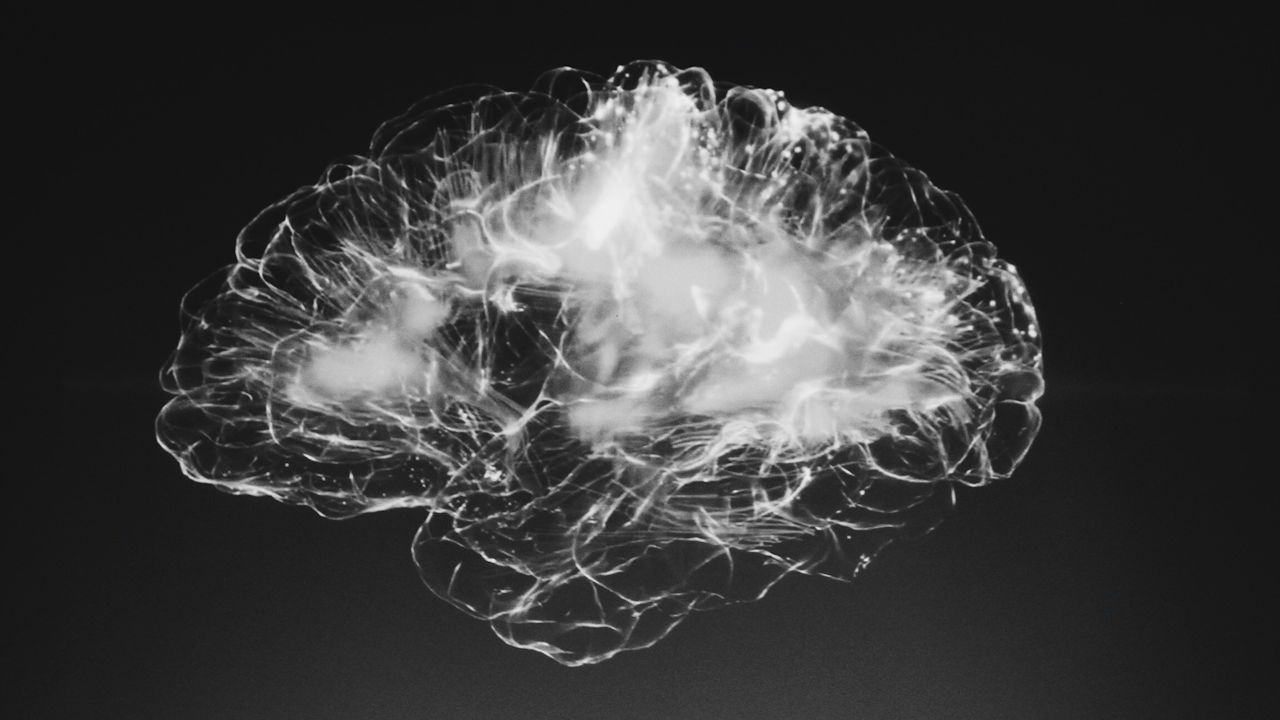Memory is one of the most essential cognitive functions, enabling humans to retain, recall, and apply information throughout their lives. From remembering everyday tasks to retaining critical knowledge, memory plays a fundamental role in shaping experiences and facilitating learning. Understanding the science behind memory can provide valuable insights into improving its capacity and reliability.
The Biology of Memory
Memory is the result of complex processes occurring in the brain. The hippocampus, located within the temporal lobe, plays a pivotal role in encoding and retrieving memories. Other regions, such as the amygdala and prefrontal cortex, contribute to emotional memory and decision-making. Neurons communicate through synapses, where repeated stimulation strengthens these connections, a process known as long-term potentiation (LTP). This biological mechanism is essential for forming and maintaining long-term memories.
Memories are classified into three primary types: sensory memory, short-term memory, and long-term memory. Sensory memory holds information for mere seconds, while short-term memory retains data temporarily for active use. Long-term memory, however, stores information indefinitely and can be further divided into explicit memory (conscious recall) and implicit memory (unconscious retention).
Factors That Influence Memory
Several factors influence memory formation and recall. Sleep is crucial for memory consolidation, as the brain processes and organizes information during deep sleep cycles. Physical exercise also enhances cognitive function by promoting neurogenesis and improving blood flow to the brain. Additionally, diet impacts memory health, with nutrients like omega-3 fatty acids supporting brain function and antioxidants protecting against cognitive decline.
Stress and emotional states significantly affect memory performance. Acute stress may enhance memory encoding, especially for emotionally charged events, while chronic stress impairs hippocampal function, hindering recall. Age-related changes also influence memory capacity, with cognitive decline occurring naturally as part of the aging process. However, engaging in mental stimulation and maintaining an active lifestyle can mitigate these effects.
Strategies to Improve Memory
Improving memory involves adopting practices that enhance cognitive function and information retention. One of the most effective techniques is spaced repetition, which involves reviewing information at increasing intervals. This method strengthens neural connections and facilitates long-term retention. Similarly, chunking breaks down complex information into manageable units, making it easier to process and remember.
Mnemonic devices offer another powerful memory aid by associating new information with familiar concepts. Techniques such as acronyms, visualization, and rhymes create mental shortcuts, improving recall. Mindfulness and meditation also contribute to better memory by reducing stress and enhancing focus, which supports more effective encoding and retrieval processes.
Maintaining a healthy lifestyle is integral to memory improvement. Regular physical activity, particularly aerobic exercise, promotes brain plasticity and cognitive resilience. A balanced diet rich in essential nutrients supports neuronal health, while adequate sleep ensures memory consolidation. Hydration is equally important, as dehydration can impair cognitive function.
Mental exercises that challenge cognitive abilities help sustain memory over time. Activities like puzzles, reading, and learning new skills stimulate the brain and foster neural plasticity. Social engagement also benefits memory, as conversations and interpersonal connections reinforce cognitive networks. Furthermore, practicing mindfulness enhances awareness and focus, making it easier to absorb and recall information.
The Role of Technology in Memory Enhancement
Advancements in technology provide innovative tools to support memory improvement. Digital platforms offer applications for spaced repetition, allowing users to structure their learning and track progress. Virtual environments and brain-training games provide interactive methods for cognitive stimulation, which may enhance memory performance. However, while technology offers many benefits, it is essential to balance its use with offline mental exercises and real-world interactions.
Emerging research explores the potential of neurostimulation techniques, such as transcranial magnetic stimulation (TMS), to enhance memory. By targeting specific brain regions, these interventions may improve memory function in individuals with cognitive impairments. Additionally, wearable devices that monitor sleep patterns and brain activity offer insights into optimizing cognitive performance.
Cognitive and Lifestyle Interventions
Cognitive-behavioral strategies can effectively enhance memory. Techniques such as visualization and mental rehearsal reinforce neural pathways, making recall easier. Associating information with personal experiences or emotional significance also improves retention. Setting goals and creating structured learning environments enhances focus and information processing.
Lifestyle modifications play a crucial role in memory maintenance. Reducing chronic stress through relaxation techniques, such as yoga or deep breathing exercises, protects the hippocampus from damage. Mindful consumption of information, including minimizing distractions, improves concentration and memory encoding. Time management and prioritizing tasks help organize information more effectively, preventing cognitive overload.
Social engagement and emotional well-being are equally important. Meaningful relationships provide cognitive stimulation and emotional support, which contribute to better memory health. Participating in group activities or volunteering fosters a sense of purpose and keeps cognitive faculties sharp. Emotional regulation techniques, such as journaling or therapy, assist in managing stress and maintaining mental clarity.
The Future of Memory Research
Ongoing research in neuroscience continues to uncover new insights into memory processes and potential interventions. Studies on neuroplasticity reveal that the brain remains adaptable throughout life, offering opportunities to strengthen memory through targeted practices. Researchers are also exploring pharmacological treatments to enhance memory function and slow cognitive decline.
Genetic studies aim to identify factors influencing memory capacity and susceptibility to neurodegenerative conditions. Personalized medicine may offer tailored interventions to optimize cognitive health based on individual genetic profiles. Furthermore, interdisciplinary collaborations between neuroscience, psychology, and technology pave the way for innovative memory enhancement strategies.
Understanding the science of memory empowers individuals to adopt evidence-based practices for improving cognitive function. By integrating lifestyle adjustments, mental exercises, and technological advancements, it is possible to support memory health and maintain cognitive vitality throughout life.


